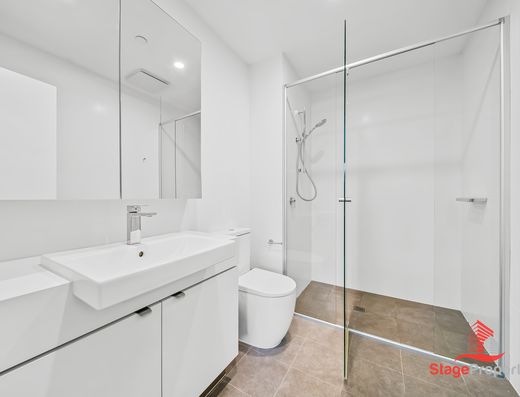Green Living in Western Australia: Eco-Friendly Homes and Sustainable Practices

In an era where sustainability is at the forefront of global concerns, many individuals are seeking ways to live more eco-friendly lives. In this blog post, we'll explore the concept of green living in Western Australia, focusing on eco-friendly homes and sustainable practices.
Western Australia's stunning natural landscapes and unique biodiversity make it a perfect setting for embracing green living. Whether you're a homeowner or simply looking to reduce your environmental footprint, here are some key aspects of green living in Western Australia:
1. Eco-Friendly Homes:
Green living often begins with the choice of your home. Eco-friendly homes in Western Australia are designed and built with sustainability in mind. These homes typically incorporate the following features:
Energy-efficient design: Eco-friendly homes are designed to maximise natural light and ventilation while minimising the need for artificial heating and cooling. Features such as well-placed windows, insulation, and passive solar design can reduce energy consumption.
Renewable energy sources: Many eco-friendly homes in Western Australia are equipped with solar panels to harness the abundant sunlight. Solar power systems generate clean energy, reduce electricity bills, and contribute to a smaller carbon footprint.
Water-saving features: Water is a precious resource in Western Australia's dry climate. Eco-friendly homes often include water-saving fixtures, rainwater harvesting systems, and grey-water recycling to minimise water wastage.
Sustainable materials: Builders use sustainable and locally sourced materials whenever possible. This reduces the environmental impact of construction and ensures that the materials used are eco-friendly.
2. Sustainable Practices:
Green living isn't limited to the home itself; it's also about adopting sustainable practices in your daily life. Here are some ways you can live more sustainably in Western Australia:
Reduce, reuse, recycle: Embrace the "three Rs" by reducing your consumption, reusing items when possible, and recycling materials like paper, glass, and plastics.
Native landscaping: If you have a garden or outdoor space, consider planting native flora. Native plants are adapted to Western Australia's climate and require less water and maintenance.
Energy-efficient appliances: Upgrade to energy-efficient appliances and lighting to reduce your electricity consumption.
Public transportation and cycling: Utilize public transportation options or opt for cycling when possible to reduce your carbon footprint and traffic congestion.
Sustainable food choices: Support local and sustainable food producers in Western Australia. Choose seasonal, locally sourced foods to reduce the environmental impact of your diet.
Reduce water usage: Be mindful of water usage by fixing leaks, using water-efficient appliances, and practicing water conservation in daily routines.
Community engagement: Get involved in local environmental initiatives and community groups that promote sustainability. Participating in clean-up events and conservation efforts can have a positive impact.
Green living in Western Australia not only benefits the environment but also contributes to healthier and more sustainable communities. By making eco-friendly choices in your home and daily life, you can play a part in preserving the natural beauty and resources of this remarkable region.








